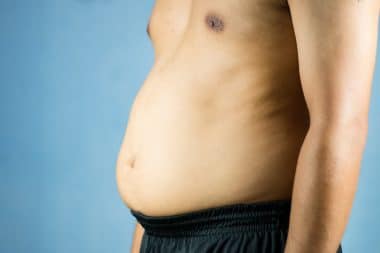When it comes to protecting yourself from the sun, it can get complicated. While shielding against the sun’s rays can help avoid sunburn, it can prevent vitamin D from being absorbed. A common non-dietary source of vitamin D is from being out in the sun. And about twenty-five percent of adults in Australia don’t get sufficient levels of vitamin D. Researchers from Harvard found as many as one in seven individuals worldwide suffer from vitamin D deficiencies.
When you don’t get enough vitamin D, you lose some protection against certain communicable diseases and cardiac conditions. Other problems include increased risk of some cancers, diseases such as diabetes, rickets and high blood pressure, and even skin cancers and other topical skin disorders. And of course, vitamin D is important for strong bones.
Low levels of vitamin D can even cause fatigue. Over three out of four individuals with deficiencies in vitamin D reported low energy levels. When they corrected the lack of vitamin D, their fatigue reduced and they had more energy.
Resolving deficiencies can be fairly simple. Just get more sun. Be careful to monitor your exposure, to avoid receiving a sun burn along with the necessary vitamin D levels, but avoiding the problem doesn’t have to be any more difficult than spending some time outside.
Vitamin D saved my life. There are many myths this helped me sort fact from fiction. #HealthStatus
Follow HealthStatus
Tweet Now
Key Points:
- 1Avoiding sun exposure can actually cause harm due to causing a vitamin D deficiency.
- 2Different people need different amounts of sun exposure to get the right amount of vitamin D.
- 3The best time to get sun exposure is during the midday, in order to reap the sun’s benefits.








Reply